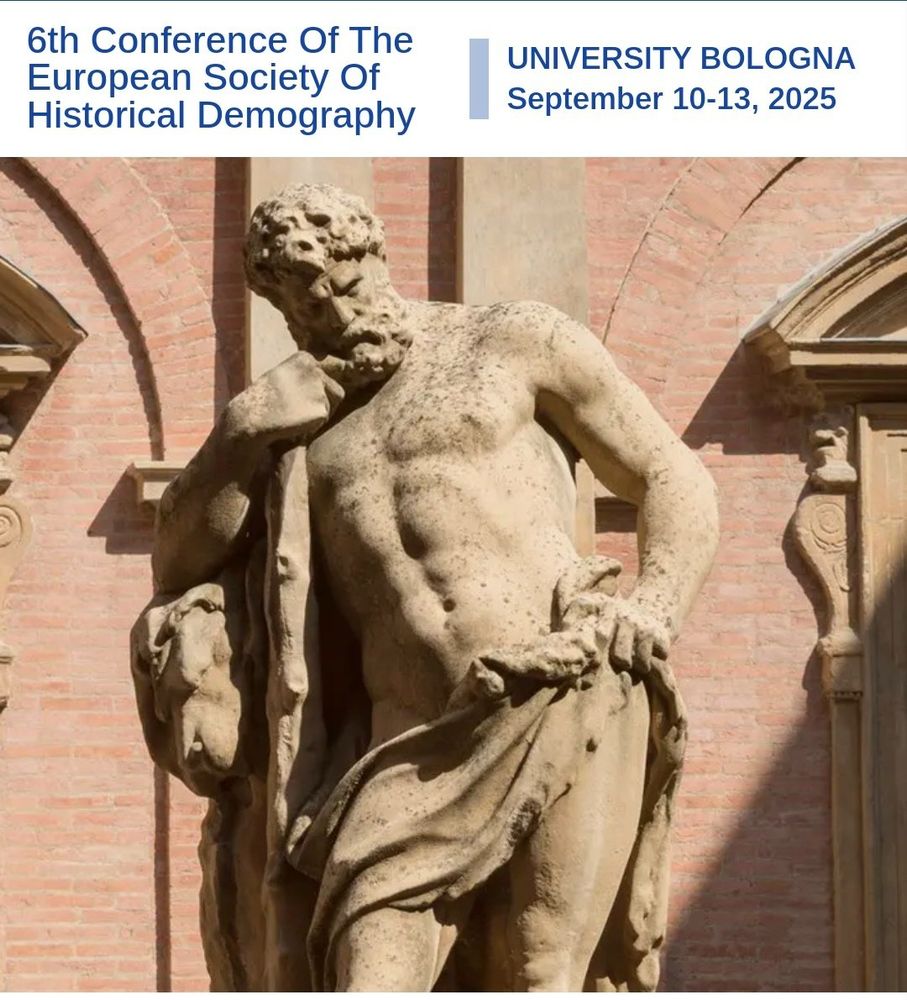Gabriel Brea-Martinez
@gbreamartinez.bsky.social
250 followers
760 following
16 posts
Researcher at Centre for Economic Demography, Department of Economic History, Lund University. Interested in Social Mobility, Economic Inequality, History, and Demography. Studying Sweden Spain, and Europe, Long-term, Historical, and Contemporary.
Posts
Media
Videos
Starter Packs
Reposted by Gabriel Brea-Martinez
Reposted by Gabriel Brea-Martinez
Reposted by Gabriel Brea-Martinez





